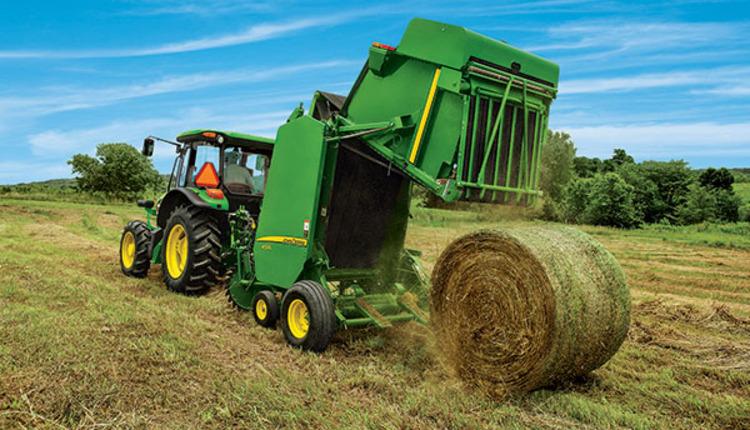In the bustling backrooms of retailers, the sprawling floors of distribution centers, and the heart of recycling facilities, a quiet workhorse is driving efficiency and sustainability: the baler. This essential machinery, designed to compress materials into manageable bales, is far from a static technology. A new generation of smarter, more connected, and more efficient balers is emerging, responding to global demands for waste reduction, cost savings, and transparent material management.
The critical role of this equipment is underscored by steady and significant growth. According to Straits Research, the global baler landscape was valued at USD 6.31 billion in 2024 and is expected to grow from USD 6.86 billion in 2025 to reach USD 13.37 billion by 2033, growing at a CAGR of 8.7% during the forecast period (2025-2033). This expansion is fueled by tightening environmental regulations, rising waste disposal costs, and the increasing economic value of recyclable commodities.
Key Players and Strategic Innovations:
The competitive field is a mix of long-established industrial giants and agile specialists focusing on technology integration.
-
John Deere (USA): A dominant force in agricultural balers, John Deere continues to lead with advancements in efficiency and operator comfort. Their recent innovations include integrated moisture sensors and yield monitoring systems that provide farmers with real-time data on their bales, optimizing the harvesting process and forage quality.
-
Signode Industrial Group (USA): A global leader in packaging and bundling solutions, Signode offers a vast range of balers for industrial applications, from vertical balers for retail waste to massive auto-tie systems for corrugated cardboard. Their focus is on durability, safety, and maximizing bale density to reduce shipping costs for their clients.
-
Bramidan (Denmark): This European specialist has carved a niche with high-quality, user-friendly balers and compactors. Bramidan emphasizes innovative design and robust construction, often utilizing proprietary pressure technology to achieve superior bale density, a key factor for waste management companies.
-
Harris (USA): A prominent name in material processing, Harris supplies robust balers and shears to the scrap metal and waste industries. Their equipment is engineered for extreme conditions, processing everything from aluminum cans to end-of-life vehicles, and is a staple in the recycling sector.
-
International Baler Corporation (USA): Known for its customizable solutions, IBC provides balers for a wide array of specialized materials, including non-ferrous metals, plastics, and paper. Their strategy involves working closely with clients to engineer systems that meet specific throughput and material handling needs.
Global Trends and Regional Developments:
The dominant trend is the rise of automation and IoT connectivity. Modern balers are increasingly equipped with sensors that monitor performance, track the number of bales produced, and can even predict maintenance needs before a breakdown occurs. This data is accessible via cloud-based platforms, allowing facility managers to optimize operations remotely.
Another significant trend is the push towards greater energy efficiency. Manufacturers are developing systems that consume less power per bale produced, responding to both environmental concerns and the bottom-line pressure of rising energy costs. This includes innovations in hydraulic systems and the use of high-efficiency electric motors.
Recently, John Deere announced a new software update for its round baler series, integrating more deeply with its Operations Center platform for seamless data transfer. In Europe, a new EU-wide regulation on packaging and packaging waste has spurred increased investment in recycling infrastructure, benefiting companies like Bramidan and PSP Engineering (Czech Republic). In Asia, China's continued "National Sword" policy, which restricts waste imports, has forced domestic investment in better processing facilities, creating new opportunities for baler manufacturers.
Summary: The baler industry is evolving with a focus on smart technology, automation, and energy efficiency to meet sustainability goals. Key players are integrating IoT and data analytics to optimize performance and reduce operational costs. This machinery remains a cornerstone of efficient waste management and recycling operations worldwide.

